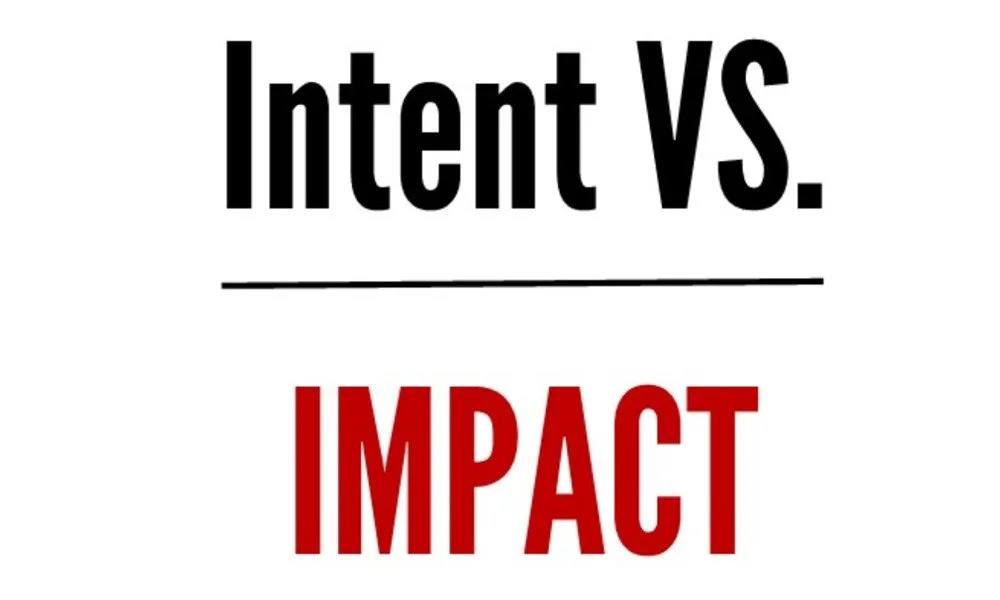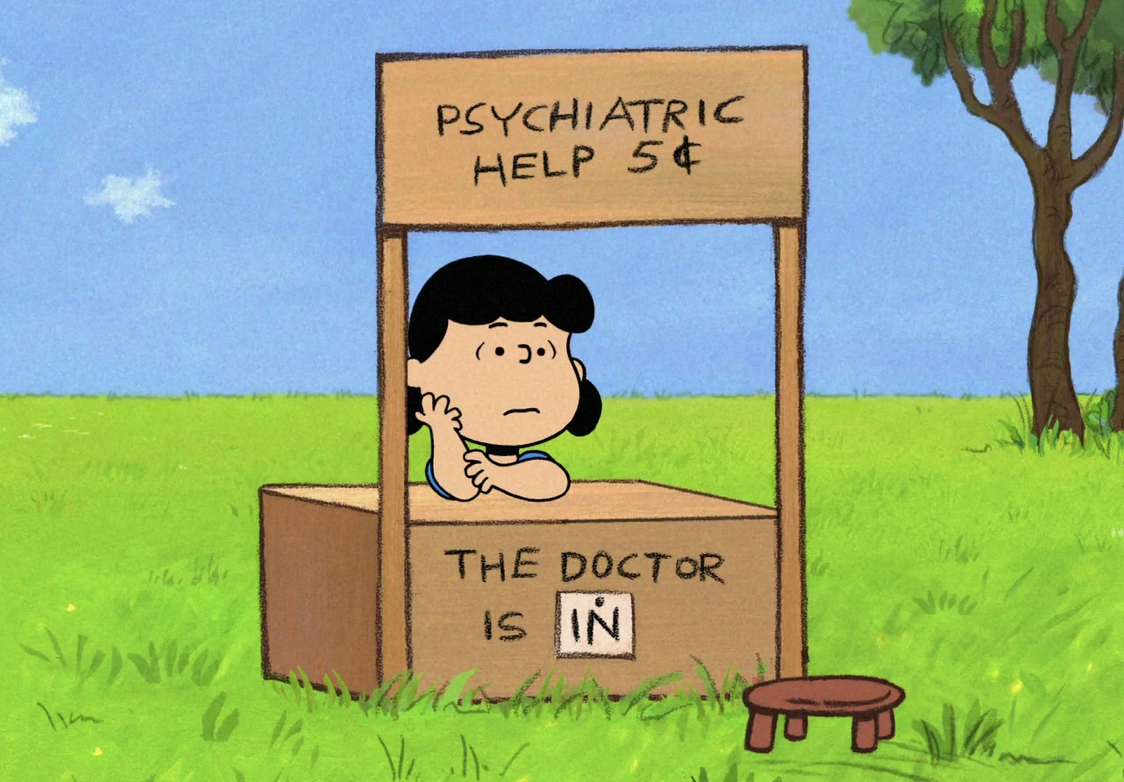
BLOG ARTICLES
Redefining Your Relationship with Your Parents as an Adult
Are you feeling frustrated in your relationship with your parent(s)? Do you keep hoping that they will change how they react to you, how they give you support, or will finally understand you? You are not alone. Even as adults, many people find it hard to change the familiar and deeply rooted ways they interact with their parents.
The goal of this article is to help you understand how the dynamic between you and your parent(s) began, how to understand your parent(s), and what you can do to improve your experience with them.
Five (5) Gentle Tips for Coping with Grief and Caring for Yourself after Loss
Whether it’s the loss of a loved one, the ending of a relationship, or a major life transition, coping with grief reshapes how we understand ourselves and the world around us. There is no one way to grieve, nor can it be expected to follow a specific timeline.
However, there are compassionate ways to care for yourself while navigating loss. These tips for coping with grief are meant to help you heal at your own pace and support your emotional well-being.
Examining Bias to Reduce Pity and Increase Empathy
Often, individuals with social privilege struggle to communicate the complexity of their emotions when engaging with those who are disempowered in some way. It is not uncommon to hear sentiments like “you’re a superhero” or “you’re so brave.” While these statements may be intended as affirming, they can unintentionally carry unexamined bias.
Such language can subtly suggest that identity is a choice or that an individual’s existence is defined primarily by suffering and endurance. For many, living authentically is not optional—it is a matter of safety, belonging, and survival.
Why Your Teen Is Testing You (and How to Stay Connected Anyway)
When your teen tests limits, it’s not defiance—it’s growth. Learn why teens challenge parents, how to stay connected through conflict, and when therapy can help your family reconnect.
Finding the ‘Me’ in ‘We’: A Key to Effective Couples Therapy
When couples first come into therapy, it’s common for sessions to begin with a focus on what each partner wishes the other would change. Partners may come in feeling unheard, and furthermore feeling criticized. The conversation can quickly fill with frustration and unmet expectations. In the beginning this is understandable—and can even be necessary— but it’s rarely where meaningful change happens. Real growth in couples therapy begins when each person starts turning the focus to their own patterns, their own responsibilities, and their own areas for growth.
Video Game Addiction: Why do some teens get addicted to gaming?
Video games are a unique form of digital media that combine storytelling, challenges, and interactivity. Unlike movies or books, where the audience is passive, games let players actively participate, make choices, and shape the outcome. Teens can explore vast worlds, solve puzzles, compete, or cooperate to achieve goals, all while receiving instant feedback and rewards.
Intent vs. Impact: Understanding the Keys to Effective Communication in Relationships
If you’ve ever found yourself in a misunderstanding with a partner, friend, or loved one, chances are you’ve heard—or said—one of these phrases. They usually pop up when we feel misunderstood or hurt by someone’s words, or when someone takes offense to something we thought was completely harmless. Communication is often cited as the cornerstone of a strong relationship and even couples who love each other deeply can struggle with miscommunication. Why? Because there's often a gap between intent and impact.
Parental Favoritism and Sibling Rivalry: How Early Family Dynamics Shape Identity
“Mom loves you more than she loves me.”
“You’ve always been Dad’s favorite.”
“It’s not fair! You always take her side!”
These painful declarations echo in many families. Beneath them lies anger, sadness, and the deep sense of being unseen or less valued.
While most parents may insist that they do not have a “favorite child,” research suggests that parental favoritism is more common than many may want to admit.
The Narcissist in You
You’ve seen the TikToks, the Instagram reels, and the countless online posts labeling people as “narcissists.” These videos and posts often frame narcissism as a toxic personality trait, a sign of selfishness, or an explanation for every disappointing relationship. While some of these observations have truth, the reality is more nuanced. Narcissism is not simply about selfishness or arrogance. It is both a natural part of human development and, in its extreme forms, a clinical condition.
Young, Gifted & Anxious
Abigail was a bright and shy little girl who always paid attention to what others expected of her. She listened and watched others intently and this guided her behavior most of the time. As she began to realize that her performance in school was being monitored, she focused and worked hard to do well. The more she did, the more she was praised and this began the cycle of her hard work, need to perform and anxiety.
What’s Eating You? Understanding the Struggle with Eating Disorders
Eating disorders are one of the more well-known and yet highly misunderstood mental health conditions in public perception. Too often, there is a mischaracterization of eating disorders as propelled wholly by a desire be thin. And while this may be the conscious motivation and resulting physical manifestation of the disorder, there is much more to be understood about the psychological processes driving the relationship to food and the body.
Death In The Classroom
In recent years, many independent schools have been deeply affected by the unexpected and tragic deaths of one or more of their students. These heartbreaking events leave a lasting mark on the school community, altering the emotional landscape in ways that are both immediate and long-term. As many of you may have experienced or witnessed, such a sudden loss can profoundly impact the student body, shaking their collective sense of safety, stability, and normalcy.
“I Hate to Break This To You, But They’re Not Going To Change”
What happens when you find yourself wanting to mold or reshape your partner to fit your personal expectations or ideals? You may imagine that if you are able to change aspects of your partner, you will finally be in the perfect relationship or have all your desires affirmed through this person.
Shame and Addiction – The Snake Eating its Tail
It is a long-held saying in recovery communities: “Addicts don’t have relationships; they take hostages.” When you are in a relationship with someone who is suffering from addiction, you will inevitably find yourself trying to come to their rescue.
“Dear Therapist, Is My Partner Good Enough?”
Is my partner good enough? Relationships can be complex, intertwining love, admiration, and sometimes uncertainty. A common question we may grapple with when feeling frustrated with our partner is, “Is my partner good enough?”
Narcissists and Echoists in Relationship: A Love Story Gone Wrong
The myth of Narcissus and Echo is more than just an ancient tale—it serves as a powerful metaphor for toxic relationship dynamics. Narcissus, a hunter admired for his extraordinary beauty, was emotionally detached, rejecting all who loved him. Echo, a mountain nymph, suffered a cruel fate that left her voiceless—able only to repeat the words of others. Together, they embody the painful cycle of one-sided relationships, where one person seeks admiration while the other loses themselves in reflection.
Scarred Landscapes, Broken Lives: The Emotional Toll of the 2025 Los Angeles Fires
The firestorm that tore through Los Angeles in the second week of January 2025 left a scar not only on the Los Angeles landscape but also on the collective psyche of its residents. This was no ordinary fire—it was a natural catastrophe fueled by a perfect storm of severe winds, parched earth, and a climate increasingly shaped by global warming. Winds reaching 100 mph rendered firefighting efforts nearly impossible, and as the flames engulfed homes, schools, and businesses, they erased entire communities in their wake. What remains is a haunting, apocalyptic scene of loss and devastation.
Secrecy and Shame: Boys, Men and Sexual Abuse
Monsters is a Netflix biographical crime drama anthology that recently focused on the Menendez murders (Monsters: The Lyle and Erik Menendez Story). This series provided a lens into the psychological impact of familial abuse and provoked conversations about how these traumatic experiences can lead to extreme actions such as parricide.
The Thing About Boundaries
Boundaries are the imaginary lines between you and another person or group. They acknowledge your separateness from others. They are the guiding principles around what is important to you, and the parameters around how you want to be treated.
Tell Me What to Do! - What Advice Means in Therapy
There’s a running joke in the Peanuts comic strip of Lucy offering psychological advice to other members of the gang for a mere 5 cents a session. And if you are familiar with Lucy, you won’t be surprised to learn that her advice is futile at best, and at its worst, blunt and devoid of empathy; the equivalent to “get over it”.





















